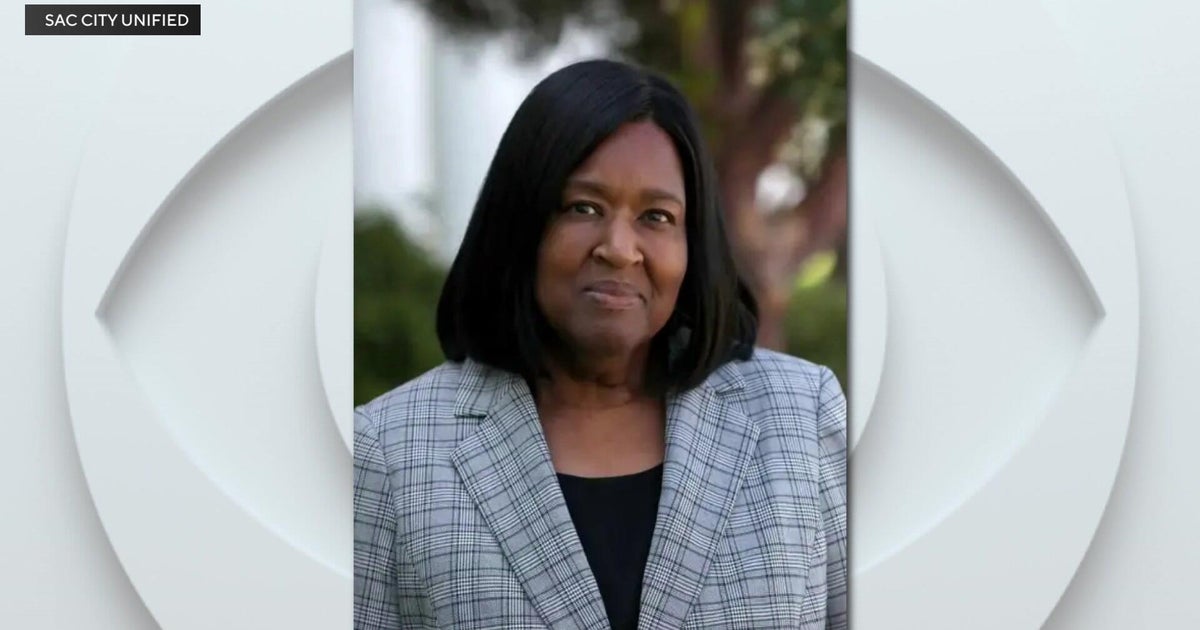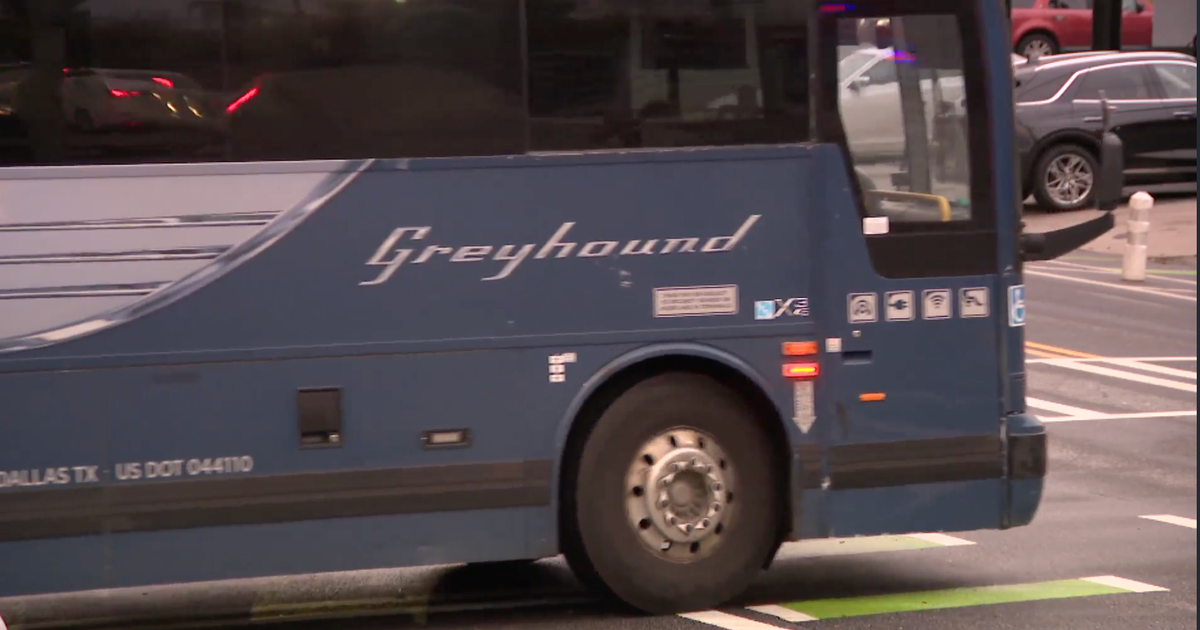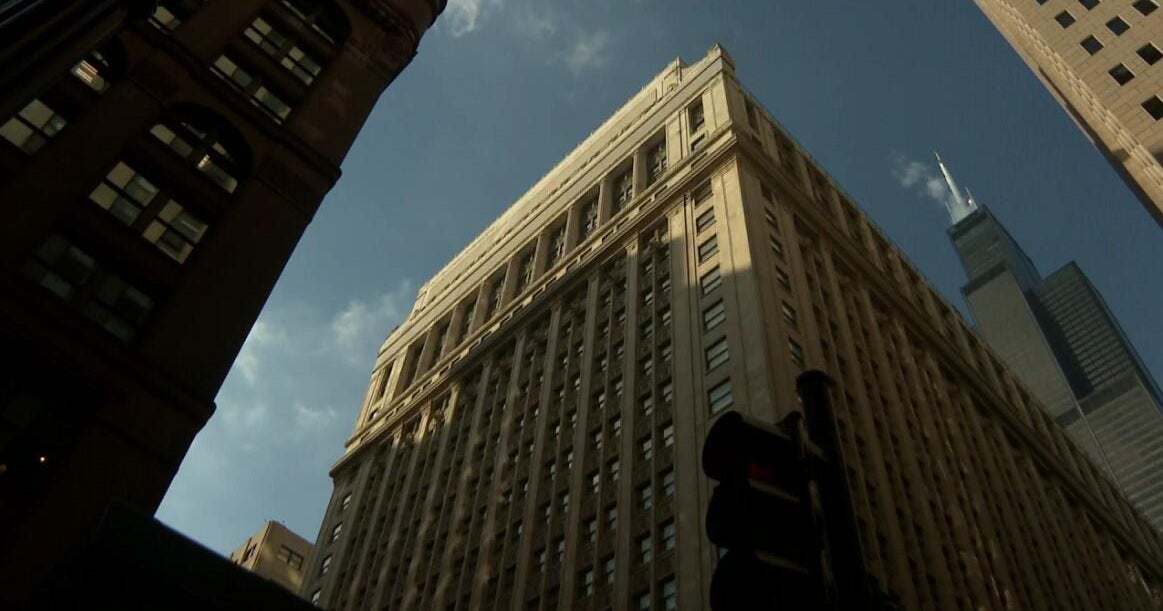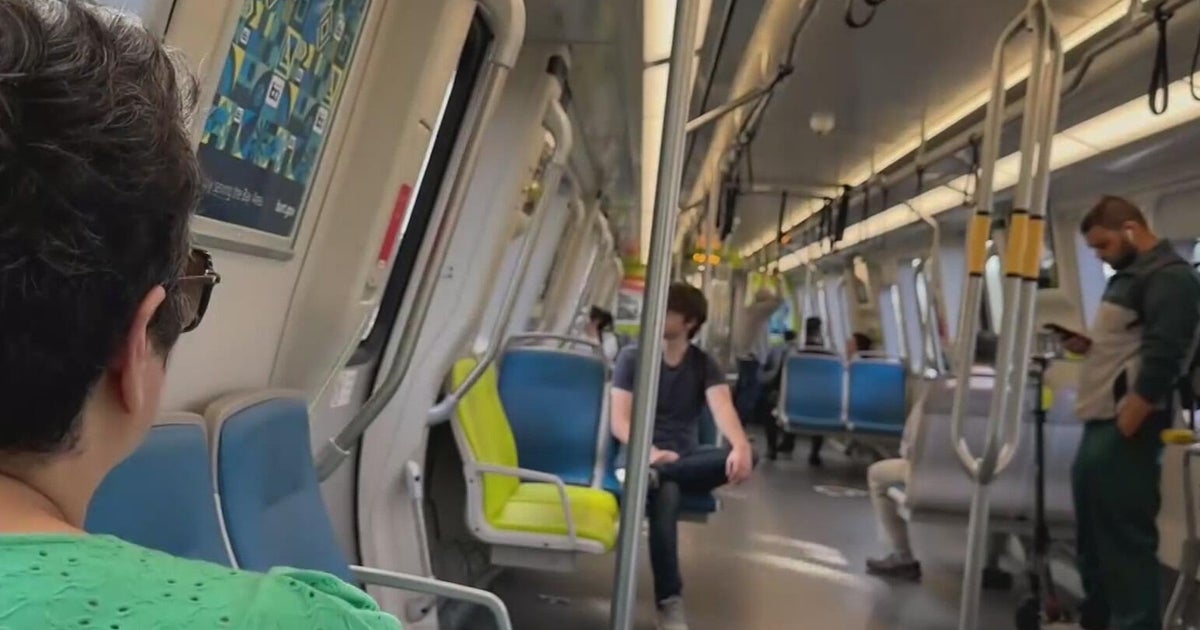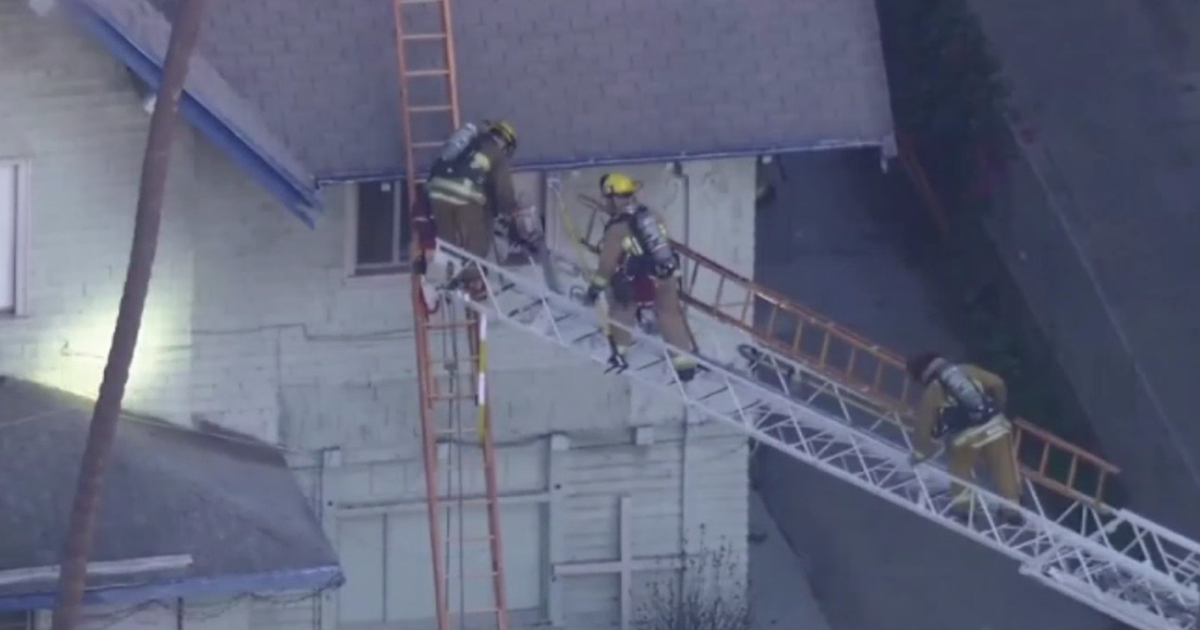City of Chicago projects $538 million budget deficit in 2024
CHICAGO (CBS) – A report released Wednesday shows the City of Chicago's budget deficit will be more than half a billion dollars.
CBS 2 Political Reporter Chris Tye had the latest on why the costs are so high and where the city expects to make up that money.
The costs of caring for migrants in Chicago have thrown almost every budget projection out the window. There are some good stories regarding tourism and hotel numbers, but the amount of $538 million is still a staggering amount. Some ideas, like property tax hikes, appear to remain off the table.
"I didn't imagine it to be over half a billion," said Ald. Gilbert Villegas (36th).
Tye: "That shocked you?"
Villegas: "It did. That's a big number."
The big number atop the Mayor Brandon Johnson's 2024 budget forecast is driven, he said, "by several factors, including rising personnel, pension and contractual costs, as well as the cost to care for new migrants arriving to the city."
CBS 2 dug into the numbers, and on page 13, under "Special Event Projects," the forecasted cost for caring for migrants arriving in Chicago is $200 million for next year.
The $538 million deficit projection is far higher than the expected deficit of just $85 million that former Mayor Lori Lightfoot's administration indicated it would be just five months ago.
"Don't screw it up," Lightfoot said in April, adding, "We're delivering it up on a silver platter. Continue the work. Stay the course, and things will continue to shine bright for the City of Chicago."
"When you're the outgoing mayor, you want to make it seem as rosy as possible," said Villegas.
The alderman added that there are efficiencies the city can realize and credits Johnson for seeming to stay committed to a campaign promise to not raise property taxes.
"As a matter of fact, as we are starting to see businesses and people recover from the pandemic, we want to make sure we're not stymieing the economic activity in the City of Chicago," he said.
The city had some positive economic numbers to share, too, according to the head of the Civic Federation, Sarah Wetmore.
"What they are seeing is additional recovery in some areas," Wetmore said. "Such as hotel tax, which they're projecting will come in above budget."
Wetmore added that if the city chooses not to raise property taxes, "they'll need to find other revenue sources." She said more details are likely to come next month when the mayor presents his budget.
But with the debits outpacing credits, Villegas said the city needs to look for inventive ways to get ready for next year.
Another area driving up costs includes an expectation of filling over 1,200 vacant city jobs. Villegas suggested the city "look at the dollar amount around that. It's a couple hundred million."
Johnson signaled that in the rollout of his first budget over the next few months, there will be a likely "reallocation of resources." Complicating all this is that the federal government can't help the way it did during the COVID-19 pandemic.
Federal pandemic dollars cannot be used to bridge deficits like the one projected, but only on new projects.

